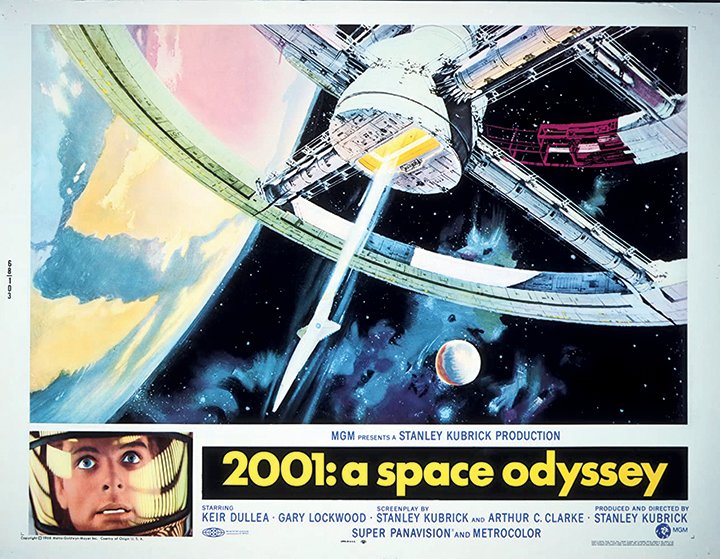
Movies can be ahead of their time in a couple of ways. They can employ technological wizardry that belies their contemporaries, films like “The Wizard of Oz,” “She Wore a Yellow Ribbon,” “Terminator 2,” and “Jurassic Park.” They can also encompass and express themes that are not always understood in their day, but that prove prescient about our present and even future world.
Many filmmakers foretold some of the most outrageous and impactful aspects of today’s society. Indeed, rewatching these films today feels like revisiting old, ultimately fulfilled prophecies. Here are a few films that captured a worldview ahead of their time:
“A Voice in the Crowd” (1957)
Several years after making “A Streetcar Named Desire” and “On the Waterfront,” director Elia Kazan produced this film that is notable for two reasons. One is the revelatory performance by Andy Griffith as Larry “Lonesome” Rhodes, a two-bit drifter from Arkansas blessed with musical aplomb and the gift of gab. Plucked from obscurity, Rhodes rides a successful radio show to great fame and influence while proving a flawed vessel for the power he wields. The film wallows in the corruptive influence of celebrity, but its most eye-opening aspect is demonstrating how even the unqualified and unworthy person can engender a dangerous cult of personality.
“2001: A Space Odyssey” (1968)
Director Stanley Kubrick’s vision of space exploration and the human capacity was a visual marvel. But while mankind has not yet caught up to the film’s more inscrutable themes, its most prescient element is forecasting a computer age in which mankind becomes beholden — and even subservient — to artificial intelligence and its technological creations.
“Network” (1976)
Like “A Voice in the Crowd,” this film — directed by Sidney Lumet and written by Paddy Chayefsky — features a madman who becomes a popular, influential celebrity. Indeed, Howard Beale’s famous exclamation still rings true today: “I’m mad as hell, and I’m not going to take this anymore!” But the most cynical and prophetic part of the film is the future advent of television infotainment, an unholy marriage between the media and cold capitalism. Ridiculed by newsmen in its day, the film is truly frightening to watch now.
“The Truman Show” (1998)
This masterful film came along at the advent of reality television. Writer Andrew Niccol foretells a future in which the lines between reality and entertainment might be erased. Played by Jim Carrey, Truman Burbank is born and raised as the star of a popular, ongoing television show about his life inside an artificial environment that he is not aware of. The film prompts a lot of thought-provoking themes, but it shrewdly predicts our obsession with reality TV and the moral boundaries it can and might still cross.
“Idiocracy” (2006)
Marginalized by its own movie studio when released, writer-director Mike Judge’s feature follow-up to “Office Space” is set 500 years in the future, in which the world is a gun-happy, anti-intellectual dystopia in which commercialism has run rampant and human rights have been eroded away. It is a dark sci-fi comedy, but the humor is tempered as the film grows more relevant by the year.
“Minority Report” (2002)
Steven Spielberg has always striven to be a visionary filmmaker, with futuristic films like “Close Encounters of the Third Kind,” “Jurassic Park,” and most recently “Ready Player One.” His adaptation of Philip K. Dick’s novel carries a warning about the ongoing tension between law and order and individual liberties. While much of the future shown in the film still looms, its portrait of an overly commercialized surveillance state is already playing out in real time.